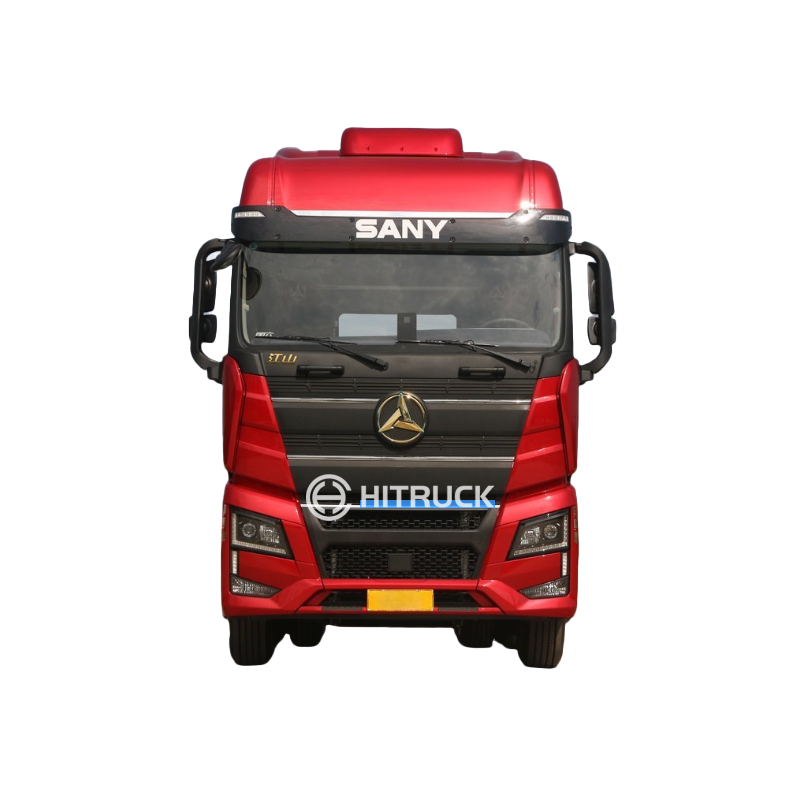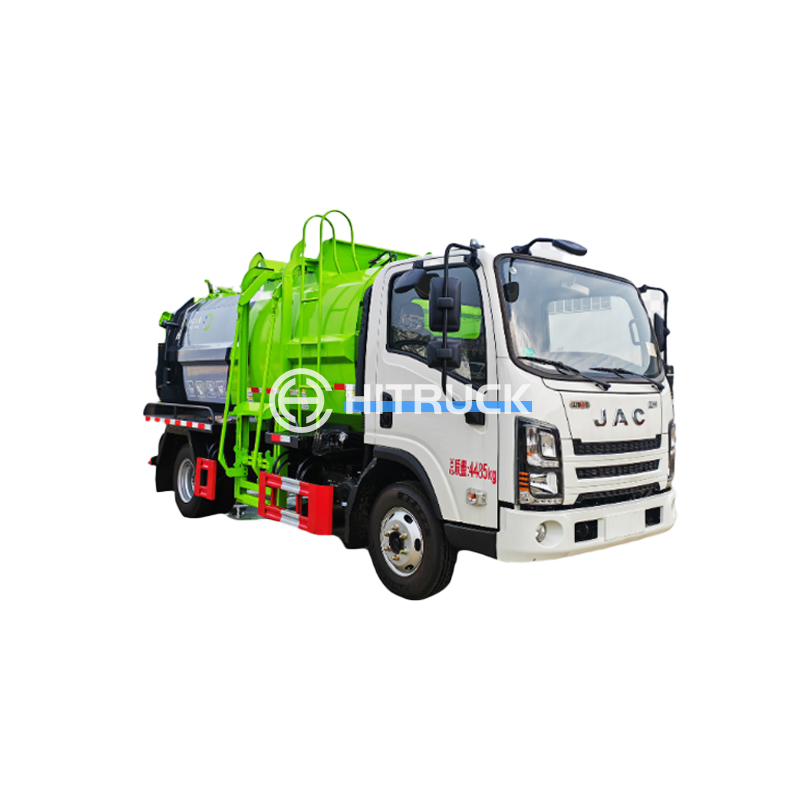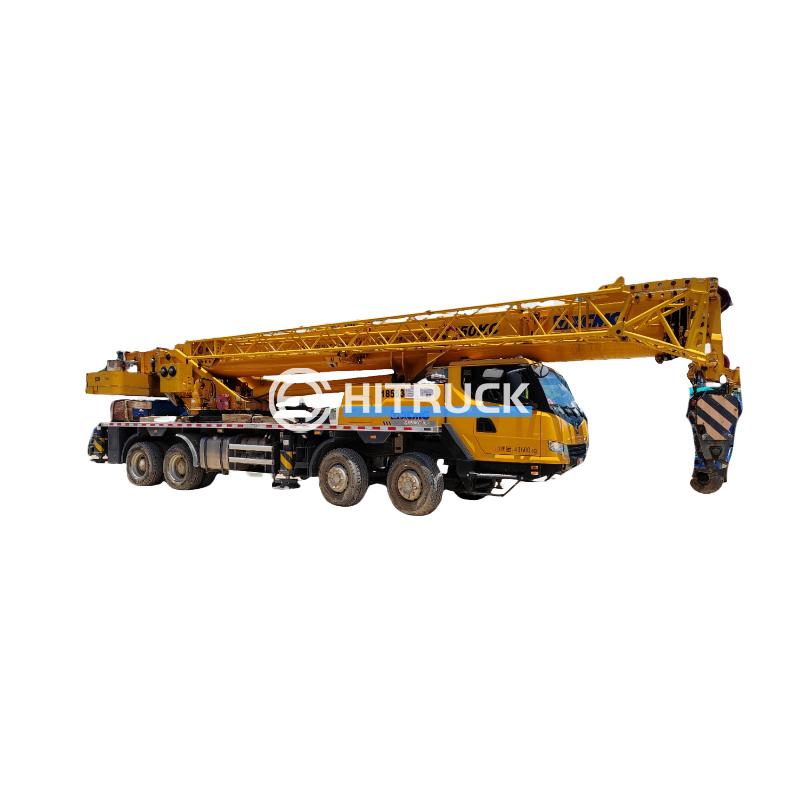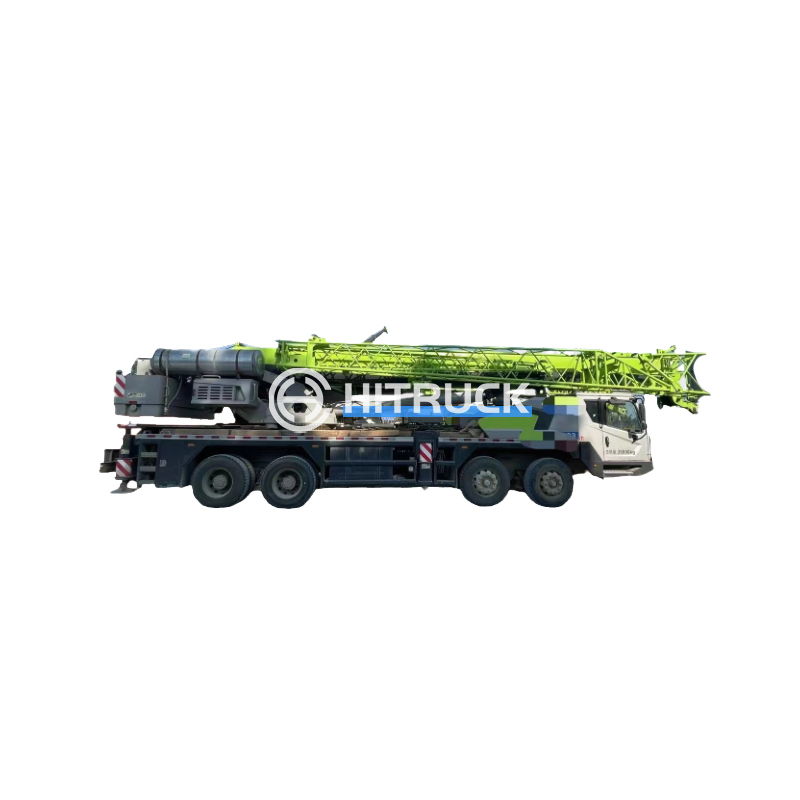This comprehensive guide helps you navigate the world of reefer truck lease options, outlining factors to consider, available types of leases, and resources to find the perfect fit for your business. We'll explore various lease terms, maintenance responsibilities, and cost considerations to ensure you make an informed decision.
Before embarking on your search for a reefer truck lease, carefully evaluate your business's specific needs. Consider your typical freight volume, the distances your loads travel, and the frequency of your shipments. This assessment will directly impact the size and type of reefer truck you require and the lease terms that best suit your operations. For example, a smaller operation with infrequent, short-haul trips might find a short-term lease more beneficial than a large-scale operation requiring long-term commitment and a larger capacity reefer truck.
Different types of refrigerated cargo have unique temperature and handling requirements. Understanding these requirements is crucial in selecting the appropriate reefer truck and lease agreement. Consider factors like the temperature sensitivity of your goods (e.g., pharmaceuticals requiring precise temperature control versus produce with slightly broader tolerance ranges). The type of cargo will influence the choice of reefer truck specifications, such as the refrigeration unit's capabilities and the interior design features to maintain product quality.
Full-service leases encompass comprehensive coverage, often including maintenance, repairs, and insurance. This option simplifies logistics and reduces administrative burdens, allowing you to focus on your core business operations. However, it usually comes with a higher monthly payment compared to other lease types. Contacting a reputable provider like Suizhou Haicang Automobile sales Co., LTD (https://www.hitruckmall.com/) can help you explore suitable options.
Finance leases provide more control over maintenance and repairs, giving you greater flexibility in managing costs. However, this option requires a more proactive approach to vehicle upkeep, potentially increasing your responsibilities. You'll typically be responsible for routine maintenance and larger repair costs. Understanding the fine print of your finance lease is essential.
Operating leases are shorter-term arrangements, offering greater flexibility for businesses with fluctuating transportation needs. These leases typically cover a specific period and may include some maintenance, but the level of coverage varies significantly. Evaluating the terms and conditions of operating leases is crucial before committing.
The length of your lease significantly impacts the overall cost. Shorter-term leases offer greater flexibility, while longer-term agreements may provide lower monthly payments. Consider your business's long-term projections and anticipate potential changes in freight volume or transportation requirements when choosing a lease term.
Clearly define who is responsible for maintenance and repairs. Full-service leases typically cover these expenses, while finance leases often leave the responsibility with the lessee. Understand the specifics of maintenance coverage to avoid unexpected costs.
Insurance is a crucial aspect of reefer truck leasing. Determine whether insurance is included in your lease agreement or if you need to obtain separate coverage. Comprehensive insurance protects against potential liabilities and financial losses.
The cost of a reefer truck lease varies widely based on several factors, including truck size, lease type, term length, and the chosen provider. Below is a sample table illustrating potential variations (Note: these are illustrative examples and may not reflect actual market prices).
| Lease Type | Monthly Payment (Estimate) | Maintenance Responsibility |
|---|---|---|
| Full-Service Lease | $3,500 - $5,000 | Lessor |
| Finance Lease | $2,500 - $4,000 | Lessee |
| Operating Lease | $2,000 - $3,000 | Varies |
Remember to obtain detailed quotes from multiple providers before making a decision. Thoroughly review all lease agreements to understand all terms and conditions. Factor in all potential costs, including fuel, insurance, maintenance, and repairs, to arrive at a comprehensive budget.
By carefully considering these factors and conducting thorough research, you can select the ideal reefer truck lease that optimizes your business operations and supports your growth.
Disclaimer: The cost estimates provided are for illustrative purposes only and may vary depending on several factors. Consult with industry professionals and reputable leasing companies for accurate pricing and lease terms.












